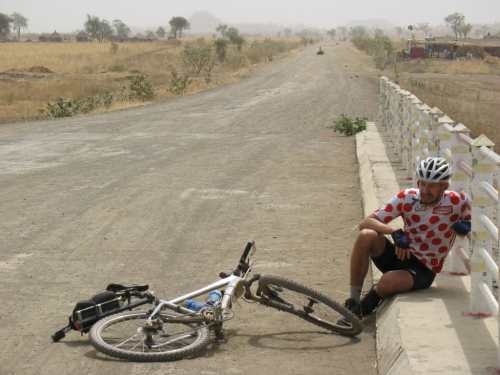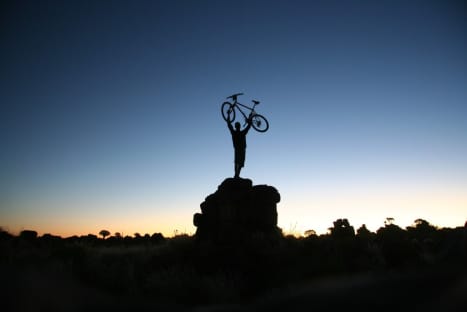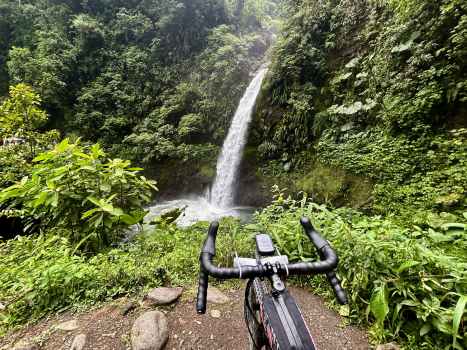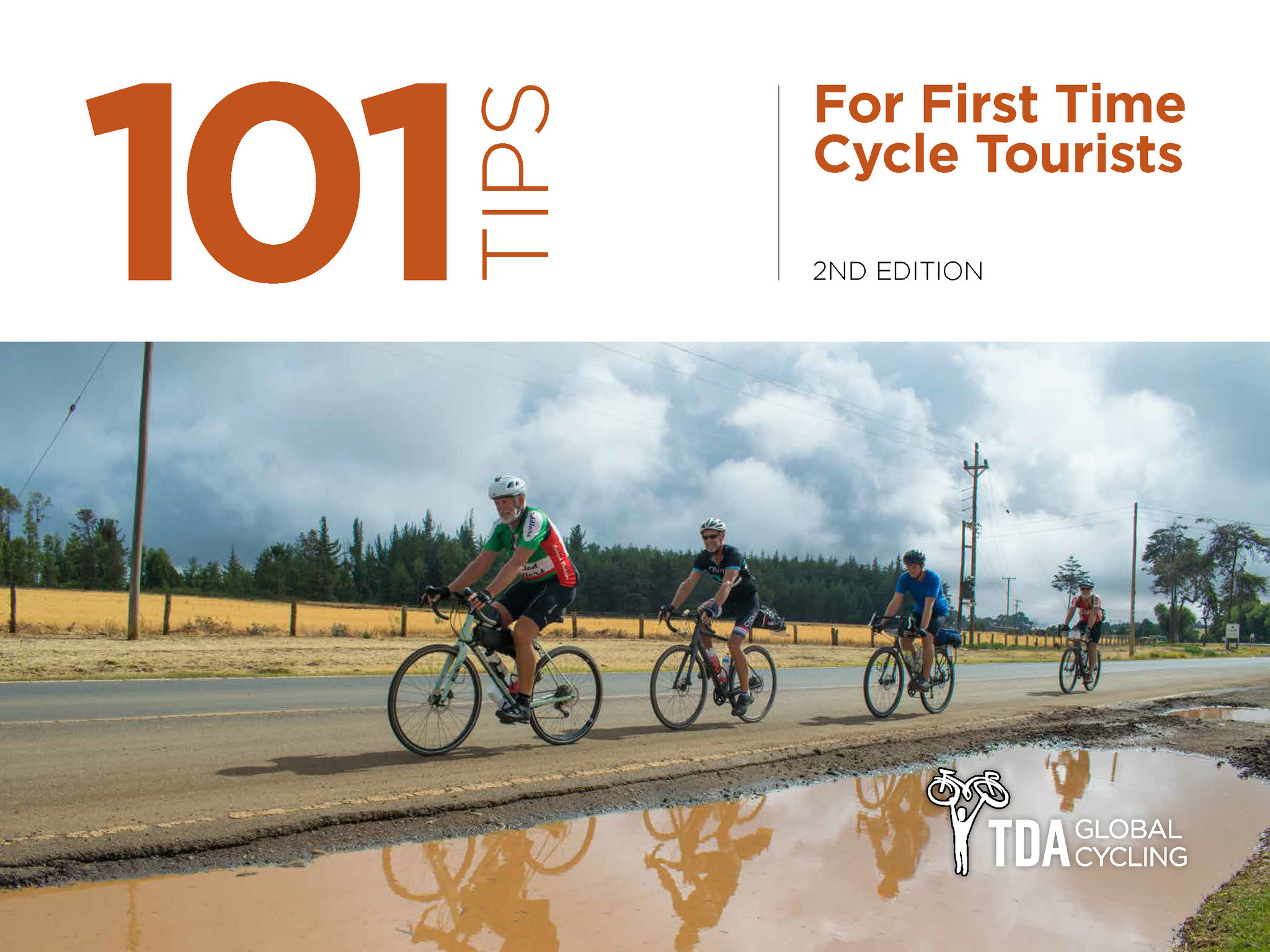Blog
Do epic tours and hunter/gatherers have anything in common?
There is no easy way to describe the experience of cycling Tour d’Afrique’s epic tours. As you may know I rode the first Tour d’Afrique. Crossing Africa from Cairo to Cape Town on a bike had never been done before. We had a limited amount of food and water. It was tough, every day I was tired and dirty. I have never pushed myself to such an extent. It was stressful. At times we were going through areas where for the last 30 years or more only convoys with armed guards were allowed to pass and yet here we were cycling, spread over a distance of 50km with one army jeep somewhere on the road. I have never lived every moment of my daily life with the intensity I was experiencing then. It was exhilarating.

On a few occasions I thought; why the continuous elation? I simply did not understand it. Later at home I still had no idea how to explain it. My friends and acquaintances talked about the great achievement. I tried to explain that yes that was part of it, but it did not explain the day to day feelings. I was back again the following year, though now not cycling. I noticed that the new bunch of cyclists was experiencing the same feelings as I did the previous year.
A decade before, I was working on a documentary film about development in Africa and I spent a bit of time with what was left of hunter-gatherer societies, the Pygmies of Congo living in the rainforest and the bushman of Botswana. I am not an expert on hunter-gatherer societies but I do know that their lives were difficult and dangerous. Surviving on the vast savannah or in rainforests required a continuous sense of awareness. To survive one had to have razor-sharp senses and be ‘on’ all of the time. Their lives also had a certain rhythm, simplicity, satisfaction perhaps even joy.
One day it hit me that being on a TdA tour in some ways approximates a hunter-gatherer society. For months on end we are nomads. When one is on a bike one certainly has to have all of his senses about him. The tour can be hazardous from the moment you wake up in the tent and check your shoes if something had crawled into them, until your last visit in the evening to the bush to do what you have to do.
Like hunters-gatherers we were always thinking about our next meal. Like them, our eyes feasted on new sights, our ears heard new sounds, our mouths tasted new food, our noses smelled new scent, and our skins experienced a new environment. Every day we were covering new territory, consciously or unconsciously assessing what is in front us, and all this continually stimulating our brains.

The modern industrial society has been around for only a couple hundred years. For millennia or two, most of our ancestors have been agriculturists, but for thousands of years mankind were hunter-gatherers. Human brains evolved over thousands of years of surviving in the wilderness. It seems to me that we all must still have aspects of the hunter-gatherers brains. By accident the Tour d’Afrique allows the participants to get in touch with a part of the brain they do not know they possess and thus no matter how tough it gets, no matter how bad we sleep, somehow we have this great feeling of recognition that we are doing what we were designed to be, something that feels very familiar, something that makes us feel great.
Whenever I explained my theory that part of the great satisfaction of epic tours, is the joy that one gets when one reconnects with something old, in this case one’s primordial brain, people listened with amusement and the conversation drifts away. Until today that is.
According to a paper just published by Dr. Gerald Crabtree of Stanford University human intelligence peaked at the time of hunter-gatherers and has declined as a result of genetic mutations that have eroded human brains’ intellectual and emotional abilities. According to Dr. Crabtree Intelligence genes were fully functioning in hunter-gatherer days as humans were forced to think critically and creatively in order to survive. I do not know whether Dr. Crabtree’s theory is right or wrong. What I do know is that every time I undertake a new epic tour to unknown places, it forces me to deal with all kinds of potential obstacles and uncertainties, that my brain is being stretched, that my emotions are at their peak and stay there for the duration of the trip. And I would venture to say that whatever is left of my intelligence genes they certainly are functioning to their fullest abilities – though I doubt that I would survive a week in the bush of Kalahari or the rainforest of Congo.
And now forgive me but I must run to get in touch with Dr. Crabtree and suggest that for actual field research he initiate studies on the participants of our wonderful expeditions.
 REGISTER NOW
REGISTER NOW




Leave a Comment for "Do epic tours and hunter/gatherers have anything in common?"